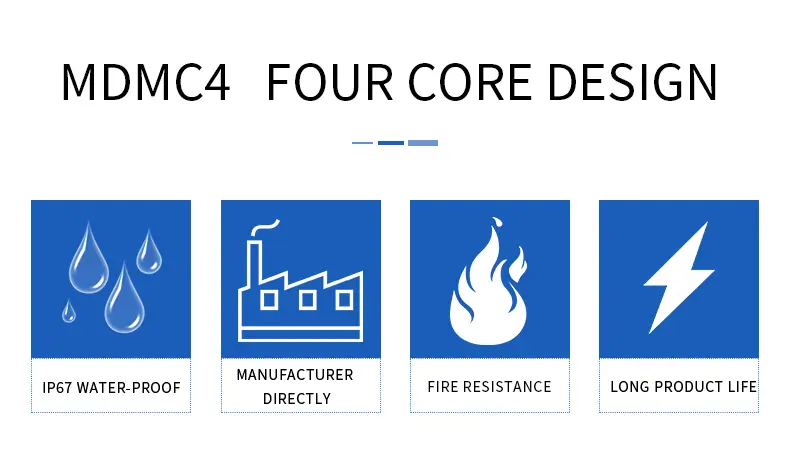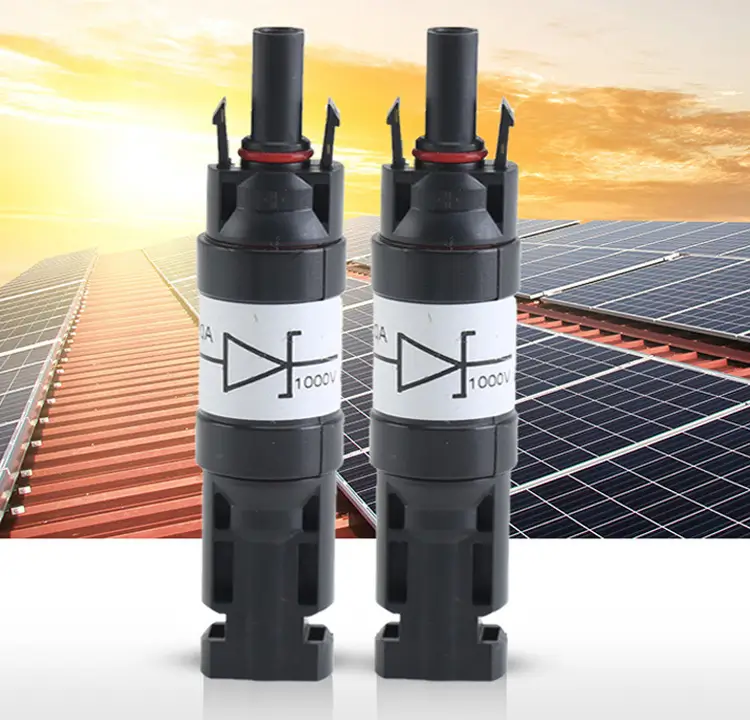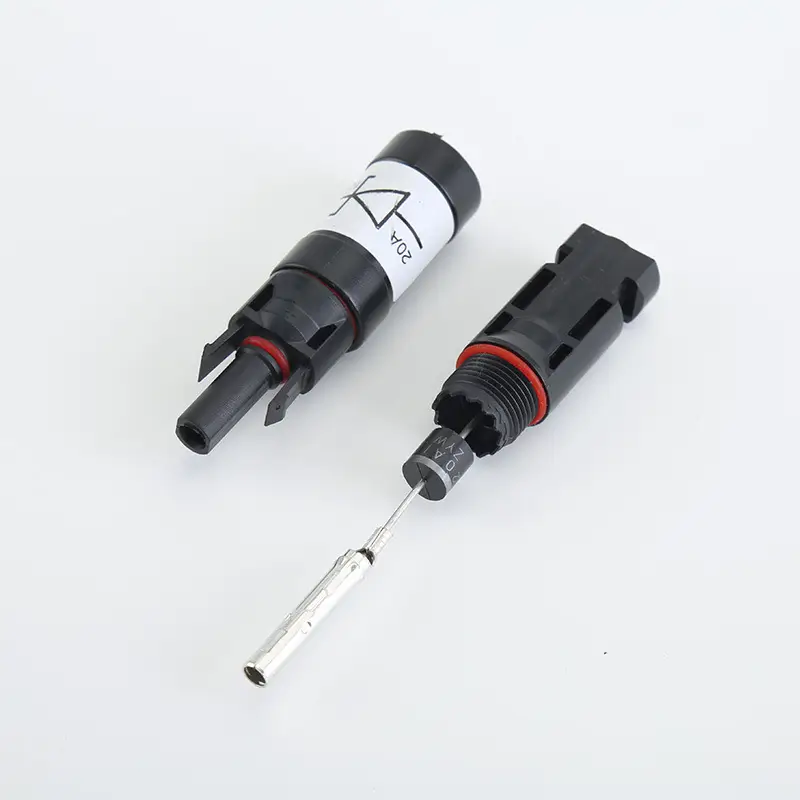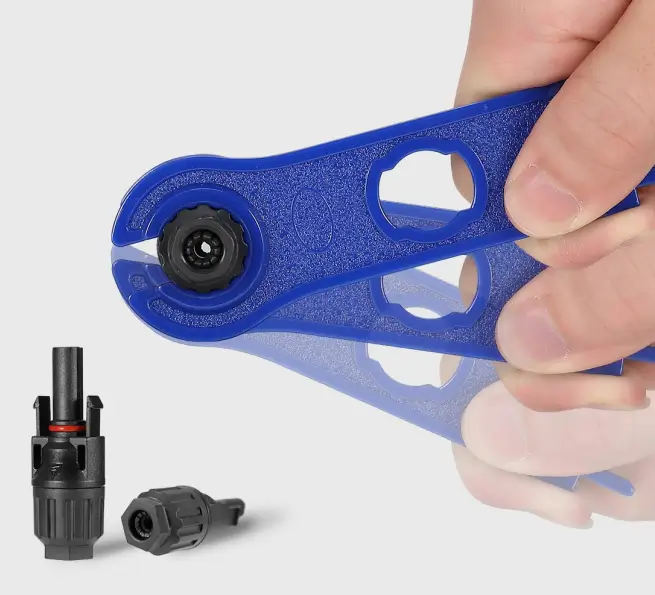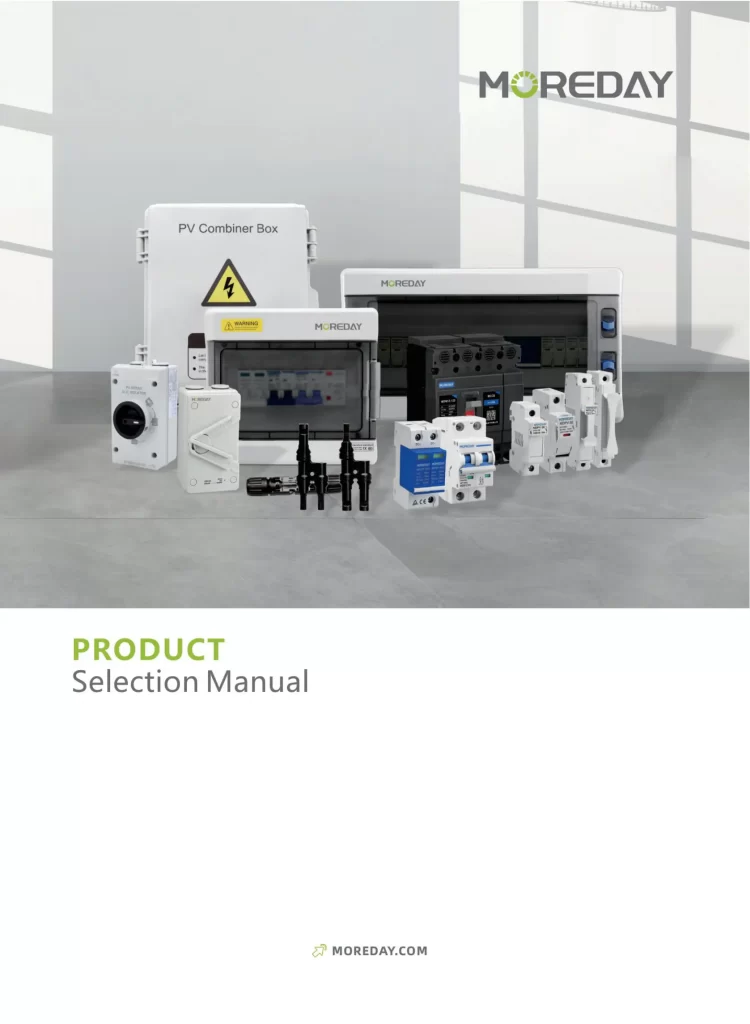Previous
Next
Solar Diode Connector Inline For PV System
A solar diode connector: a diode, which controls current flow, and a secure connection shell
Features:
- Rainproof,moisture-proof,dust-proof and durable,waterproof grade IP67,high Heat
- Prevent reverse current
- Resistance,wear resistance,durability, corrosion resistance,
- Thick copperinner core
- Material selection
- High quality diodes
- RoHS material


